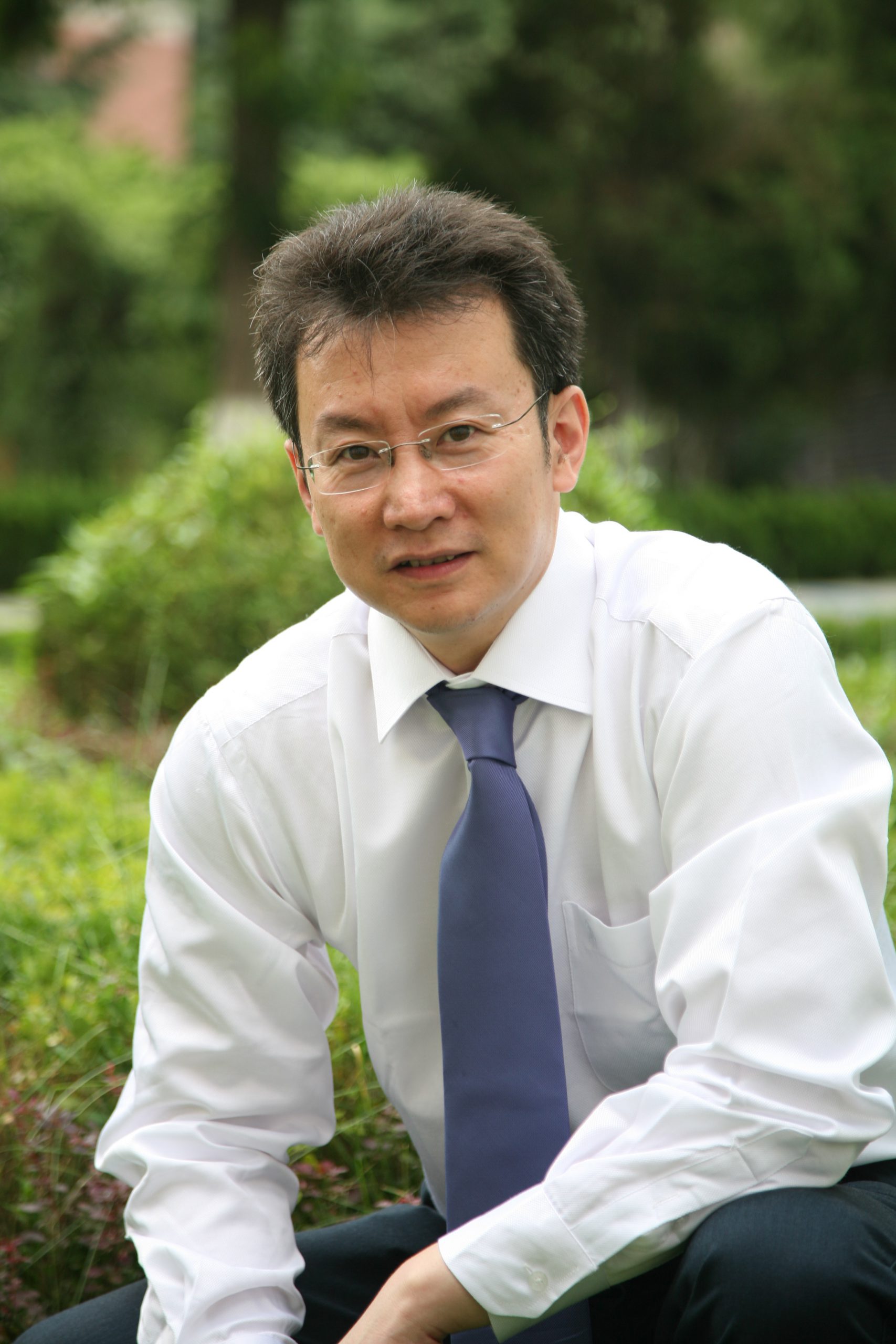Scope
IEEE Transactions on Computational Social Systems focuses on such topics as modeling, simulation, analysis and understanding of social systems from the quantitative and/or computational perspective. “Systems” include man-man, man-machine and machine-machine organizations and adversarial situations as well as social media structures and their dynamics. More specifically, the proposed transactions publishes articles on modeling the dynamics of social systems, methodologies for incorporating and representing socio-cultural and behavioral aspects in computational modeling, analysis of social system behavior and structure, and paradigms for social systems modeling and simulation. The journal also features articles on social network dynamics, social intelligence and cognition, social systems design and architectures, socio-cultural modeling and representation, and computational behavior modeling, and their applications.
Learn more and submit your paper today.
Posting Preprints to Non-IEEE Servers
Authors should disclose postings on approved preprint services when submitting papers to SMCS Journals.
Consult relevant sections posted here.
The following statement must be included on the initial screen of the preprint site:
- “This work has been submitted to the IEEE for possible publication. Copyright may be transferred without notice, after which this version may no longer be accessible.”
Editor-in-Chief

Gansu Provincial Key Laboratory of Wearable Computing
School of Information Science and Engineering, Lanzhou University
Lanzhou, China
Email: [email protected]
Peer Review
The articles in this journal are peer reviewed in accordance with the requirements set forth in the IEEE Publication Services and Products Board Operations Manual. Each published article was reviewed by a minimum of two independent reviewers using a single-anonymous peer review process, where the identities of the reviewers are not known to the authors, but the reviewers know the identities of the authors. Articles will be screened for plagiarism before acceptance.
Editorial Board Members
- HUSSEIN ABBASS, Univ. of New South Wales, Australia
- MAINAK ADHIKARI, Indian Inst. of Science Education and Research, India
- MOUSA AL-KFAIRY, Zayed Univ., UAE
- KRISHAN BERWAL, Military College of Telecommunication Engineering, India
- DANIEL BILAR, Norwich Univ., United States
- HANSHU CAI, Lanzhou Univ., China
- WEI CAI, Univ. of Washington, United States
- ZHIPENG CAI, Georgia State Univ., United States
- GABRIELLA CASALINO, Univ. of Bari Aldo Moro, Italy
- LONG CHEN, WAYTOUS, China
- XUEQI CHENG, Chinese Academy of Sci., China
- ZHIYONG CHENG, ZhongJuYuan Intelligent Tech. Co., Ltd., China
- CHINMAY CHAKRABORTY, Kalinga Inst. of Industrial Tech., India
- PETER CHIN, Boston Univ., United States
- MATTEO CINELLI, Sapienza Univ. of Rome, Italy
- GEORGE CYBENKO, Dartmouth College, United States
- GAURAV DHIMAN, Jagat Guru Nanak Dev Punjab State Open Univ., India
- YOUCEF DJENOURI, Univ. of South-Eastern, Norway
- QUNXI DONG, Beijing Inst. of Tech., China
- WEI DUAN, National Univ. of Defense Tech., China
- MARIA PIA FANTI, Politecnico di Bari, Italy
- LUOYI FU, Shanghai Jiao Tong Univ., China
- MARINA L. GAVRILOVA, Univ. of Calgary, Canada
- HANSU GU, Amazon.com Inc., United States
- SAQIB HAKAK, Univ. of New Brunswick, Canada
- RICHANG HONG, Hefei Univ. of Tech., China
- XIPING HU, Bravolol Ltd., China
- ROY KA-WEI LEE, Singapore Univ. of Tech. and Design, Singapore
- VICTOR C.M. LEUNG, Univ. of British Colombia, Canada
- JUANJUAN LI, Beijing Inst. of Tech., China
- KEN LI, Univ. College London, United Kingdom
- MI LI, Beijing Univ. of Tech. China
- QING LI, The Hong Kong Polytechnic Univ., China
- XUERONG LI, Chinese Acad. of Sci., China
- GUANJUN LIU, Tongji Univ. China
- XIAOFAN LIU, City Univ. of Hong Kong, China
- YU LIU, South China Univ. of Tech., China
- ZHE LIU, Zhejiang Lab, China
- ZHIHAN LV, Uppsala Univ., Sweden
- KENJI MORITA, The Univ. of Tokyo, Japan
- SENTHIL MURUGAN NAGARAJAN, Univ. of Luxembourg, Luxembourg
- NURIA OLIVER, Vodafone, United Kingdom
- VIR PHOHA, Syracuse Univ., United States
- RUI QIN, Chinese Academy of Sciences, China
- RAJA. S.P., VelTech Univ., India
- SRIPARNA SAHA, Indian Inst. of Tech. Patna, India
- YINGYING SHE, Xiamen Univ., China
- KAIZE SHI, Univ. of Tech. Sydney, Australia
- AMIT KUMAR SINGH, Nat. Inst. of Tech. Patna, India
- KRISHNA KANT SINGH, Delhi Technical Campus of GGSIPU, India
- DAWEI SONG, The Open Univ. (OU), United Kingdom
- GAUTAM SRIVASTAVA, Brandon Univ., Canada
- YING TANG, Rowan Univ., United States
- ZHE WAN, National Development and Reform Commission, China
- FEI-YUE WANG, Chinese Academy of Sci., China
- SHIQIANG WANG, Thomas J. Watson Research Center, United States
- TAO WANG, National Univ. of Defense Tech., China
- XIAO WANG, Qingdao Academy of Intelligent Industries, China
- ZHIYUAN WEN, Nanjing Tech. and Innovation Research Inst., China
- KEVIN XU, Univ. Toledo, United States
- DONGREN YAO, Harvard Medical School, United States
- PEIJUN YE, Chinese Academy of Sci., China
- HUI YU, Univ. of Glasgow, United Kingdom
- LIYING ZHANG, Central Univ. of Finance and Economics, China
- QINGPENG ZHANG, Univ. of Hong Kong, China
- TONG ZHANG, South China Univ. of Tech., China
- MIN ZHOU, Beijing Jiaotong Univ., China
- XIAOKANG ZHOU, Kansai Univ., Japan
- HAIBIN ZHU, Nipissing Univ., Canada
- JIA ZHU, Zhejiang Normal Univ., China
- JIANMING ZHU, Univ. of Chinese Academy of Sci., China
Articles
See more at IEEE Xplore


